
A 33-year-old woman left unable to speak or walk after a stroke is confidently returning to the dating scene and her high-flying career after staging a remarkable recovery.
Melissa Clayton, now 34, a PR account director living in Old Street, central London, collapsed from a seizure and stroke after feeling feverish and faint when returning home from work in January 2024.
She later learned that the stroke was triggered by a clot in her lung that had travelled to her brain, disrupting blood flow.
Luckily her flatmate found her and called an ambulance, but upon arrival at the Royal London Hospital, Melissa experienced hallucinations and was unable to speak, swallow or move her right arm and right leg.
She spent the next three months in hospital being fed through a tube, during which time she had surgery to remove a bone from the top of her spine to relieve pressure on her brain and had a shunt – a thin, hollow tube – implanted into her brain.

After another three months in rehabilitation, Melissa’s speech gradually improved, and by August, she was walking unaided, though she still has balance issues.
Now preparing to return to work in January 2025, Melissa has started dating again and even openly shares her stroke experience on her Hinge, Bumble and Breeze profiles.
Melissa told PA Real Life: “Being so young, I literally have the rest of my life ahead of me – there are things I want to do, eat, drink, so I wasn’t going to let the stroke define me or hold me back.
“I wanted to be me again.
“I’m very transparent with dating matches, and I guess if they like me now, then they might like me even more as I get better!
“I don’t feel like I can’t date, I’m determined to get back out there.”
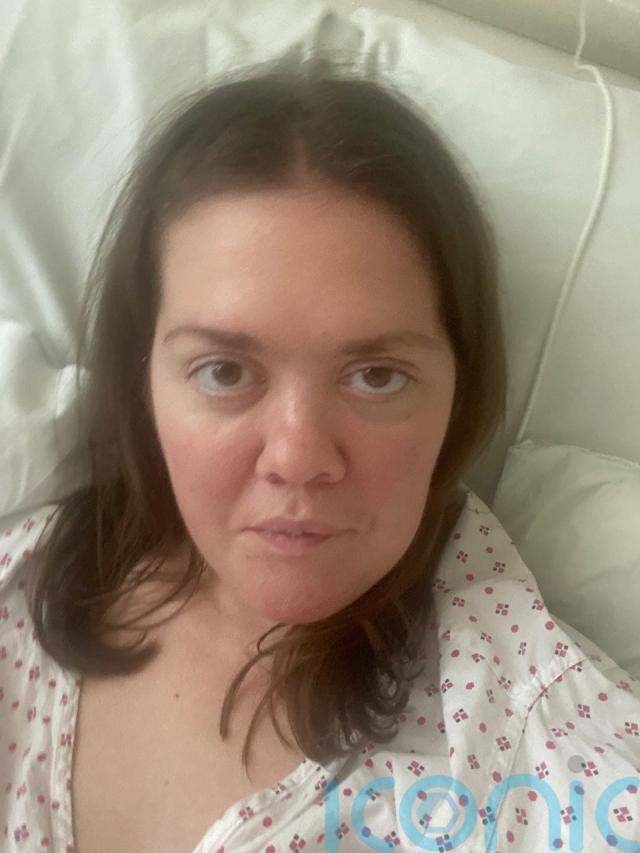
In January 2024, at 33, Melissa was “thriving” in her high-flying PR job, working with major clients like McDonald’s.
She lived in a shared house in Hackney Wick, north-east London and was in the process of moving into her own flat in Old Street, central London.
One evening after work, Melissa felt “a bit sick and feverish” and decided to go to bed early.
She began feeling faint and suffered a seizure and stroke in bed, where her flatmate found her and called an ambulance.
Melissa’s only memory from that night is a paramedic helping her to sit up.
When she arrived at the Royal London Hospital in Whitechapel, she experienced hallucinations.
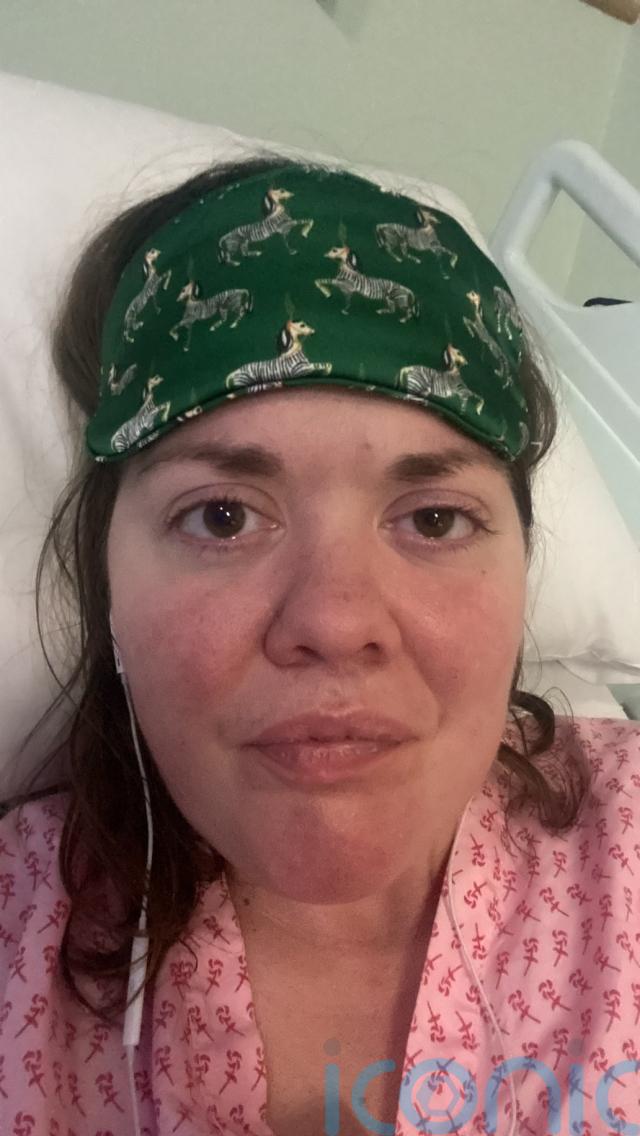
“I thought one of my colleagues was a nurse, and I even WhatsApped her saying I saw her in the hospital and she didn’t reply,” she said.
“It was very very scary.
“I was in there for a few months, but it felt like a year.”
She later learned that the stroke was triggered by a clot in her lung that travelled to her brain, disrupting blood flow.
The first month in hospital was “an absolute blur,” and Melissa finds it hard to recall much from that period.
During her stay, she contracted Covid, had two chest infections, underwent surgery to remove a bone from the top of her spine to relieve brain pressure from blood and swelling, and had a shunt – a thin and hollow tube – implanted into her brain.
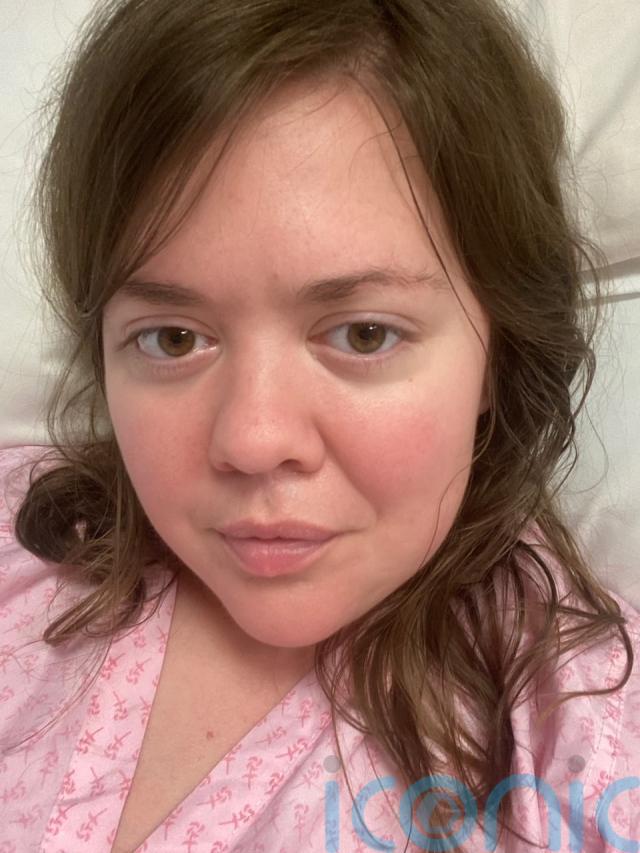
Her facial muscles became so tight that she struggled to speak and swallow and had to be tube-fed for about three months.
She also lost all strength in her right arm and right leg, making independence and walking challenging.
“At one point, I thought that I’d never speak again, I’ll never swallow again, I won’t walk,” she said.
“I think that was particularly worrying for my parents because at one point they thought I’d have to live with them.
“I had no idea what my future was going to be like, it was terrifying.”
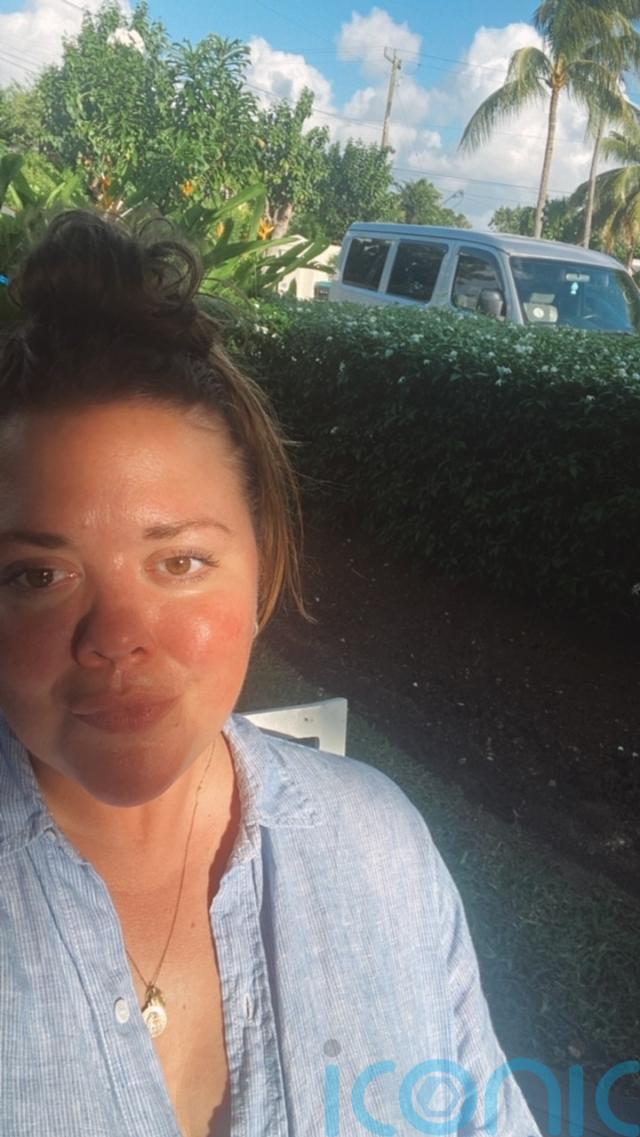
Melissa communicated using an alphabet board to spell out her thoughts, which she found “really frustrating”.
She added: “I remember the speech and language therapist doing exercises with me, and one of them was to sing ‘Happy Birthday’, and I couldn’t.
“I couldn’t pronounce it at all, and I just wanted to burst into tears.”
This was especially difficult for Melissa, as singing was her hobby, and she had always been part of a choir.
She added: “I can’t sing at all anymore, and it was a huge passion for me – to lose that was really hard.”

After three months in hospital, Melissa was transferred to the regional neurological rehabilitation unit at Homerton University Hospital, where she stayed for another three months.
She underwent daily physiotherapy, speech and language therapy and occupational therapy.
Despite everything, she tried to remain positive, focusing on future experiences she still wanted.
Melissa left the rehabilitation unit on July 11 2024, with noticeable improvements in her mobility and speech.
While she was in hospital, her parents moved her belongings into her new flat, where she would live alone.
They stayed with her, travelling up from Derbyshire regularly to help with bills and rent so she wouldn’t need to worry.
After being discharged, Melissa continued speech and language therapy with weekly home sessions and followed a gym training plan.
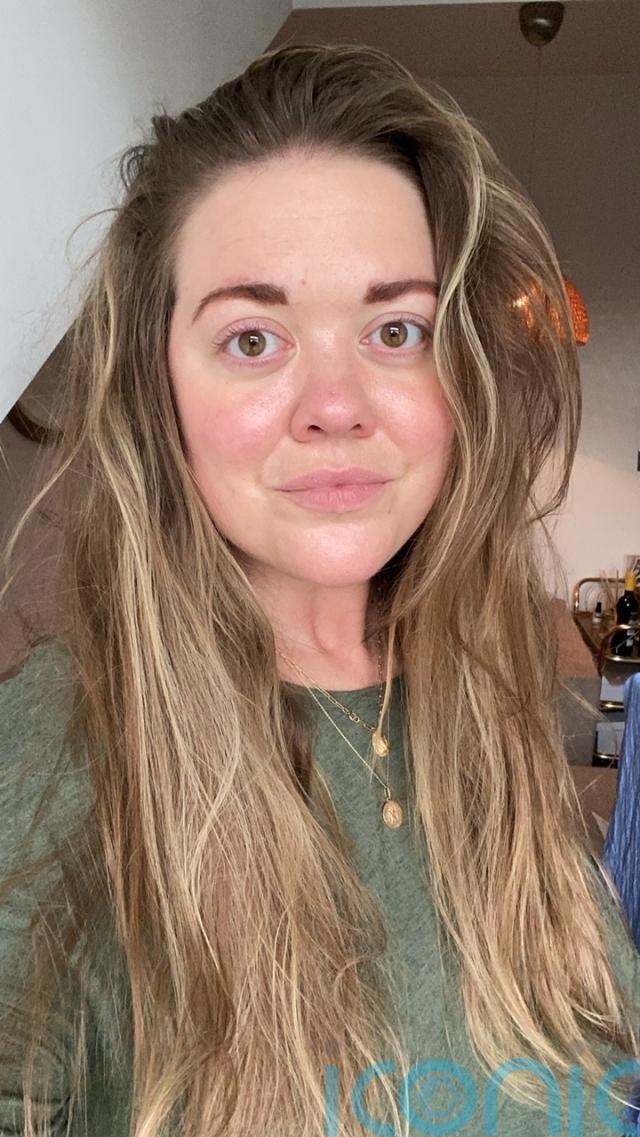
By August, she could walk without assistance, though she continues to struggle with her balance.
At the end of October, she got a therapy dog, Maya, a Pomeranian mix, who has helped her recovery.
“She’s helped me create a bit of a routine, but equally, she gets me out walking and meeting other dog owners too,” she said.
“I couldn’t wish for a better temperament for a dog. I’m very lucky.”
To add “some normality” to her life, Melissa has started dating and mentions her stroke in her dating app profiles.
She said: “I’ve kind of pre-warned people before going on a date and they are very understanding.
“I mean, there was one where it was absolutely obvious that they were not interested at all.
“I think they acted like it was okay that I had a stroke before, but when they met me, I could just tell they were not interested.

“That was hard but everyone else has been interested in the stroke and can’t believe what’s happened, and are really understanding.
“I think they’re quite taken aback with my positivity and what I’ve been through, really, and how much I’ve achieved.”
Melissa hopes to return to work in January 2025 and is thankful for her employer’s support, having received full pay until April and half-pay since.
However, missing out on social events has been tough and she found that people “automatically assumed” she was “better” once she was home, and checked up on her less.
To combat loneliness, Melissa meets with a community co-ordinator from the Stroke Association and regularly attends support groups, which she finds “imperative” for her recovery as she is surrounded by people who “totally get it”.
Reflecting on her journey, Melissa says it has changed her perspective on life.
“My phone actually got stolen this morning, and I’m kicking myself over it, but now I know it’s not really a big deal,” she said.
“The experience of having a stroke has been life-changing for good reasons.
“I’d love to get my speech back to how it was, and I’d love to walk like I did before, but it could be so much worse.
“I just appreciate things so much more now.”
Subscribe or register today to discover more from DonegalLive.ie
Buy the e-paper of the Donegal Democrat, Donegal People's Press, Donegal Post and Inish Times here for instant access to Donegal's premier news titles.
Keep up with the latest news from Donegal with our daily newsletter featuring the most important stories of the day delivered to your inbox every evening at 5pm.